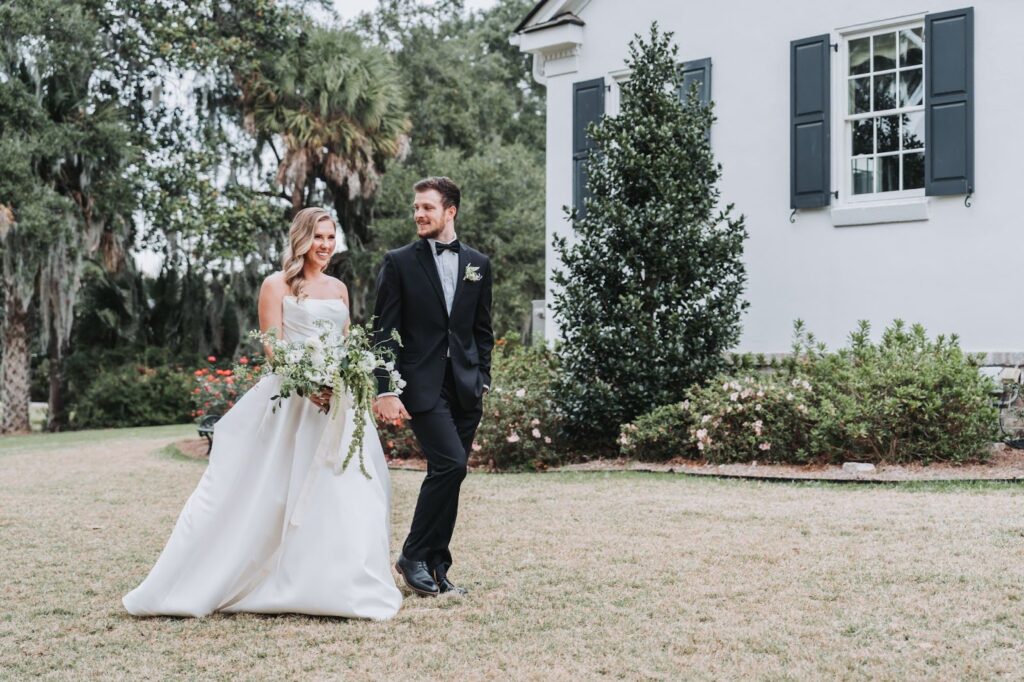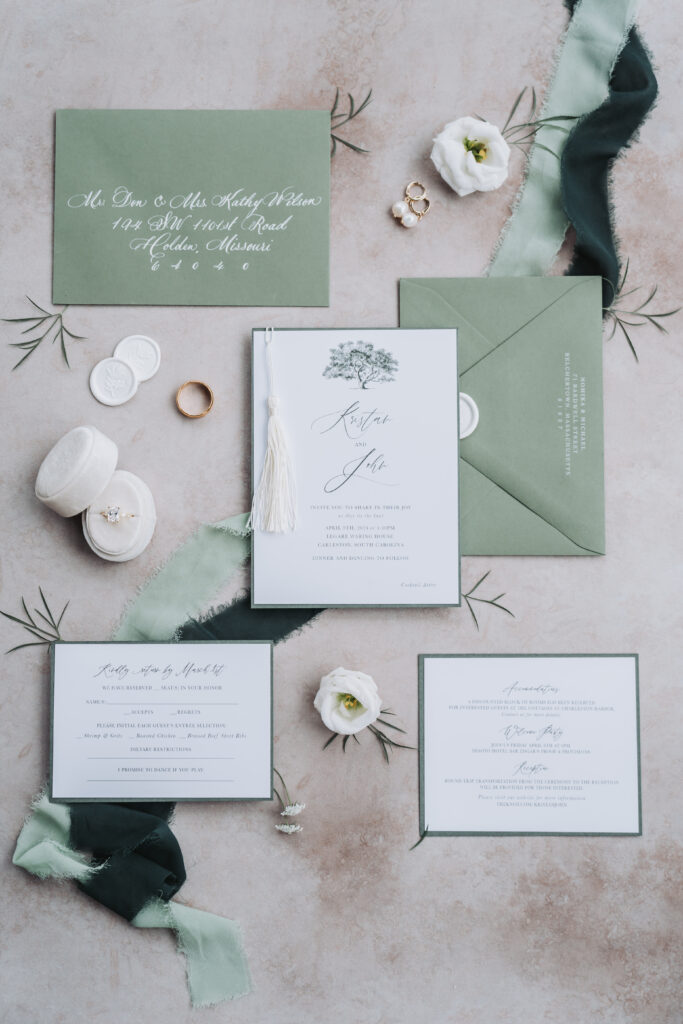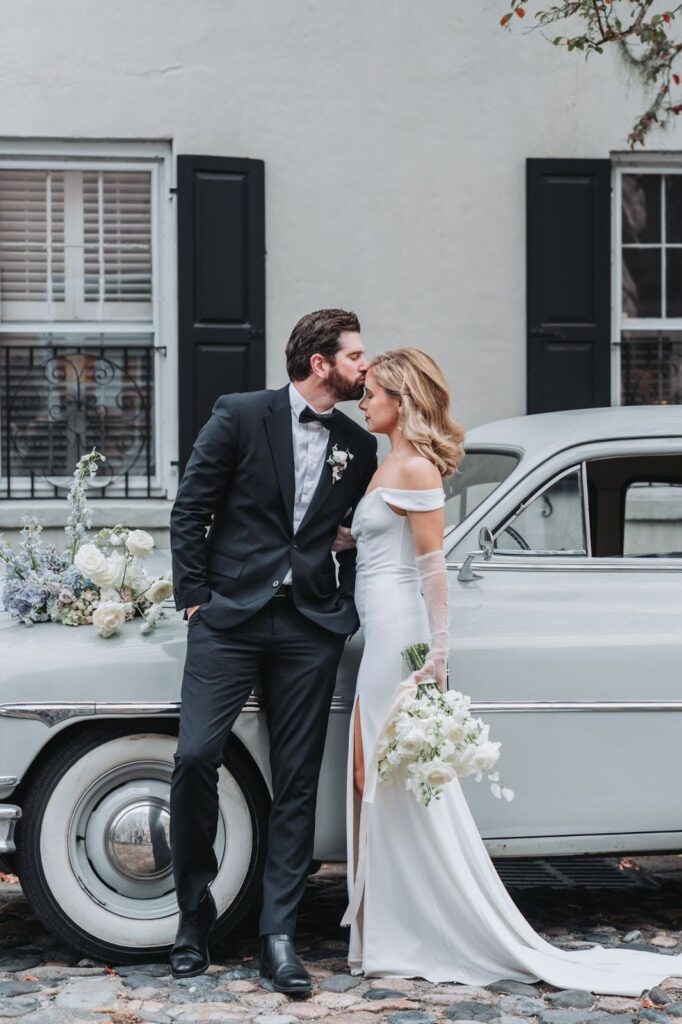
Starting to plan a wedding is an exciting but complex process, and a flawless celebration depends a lot on getting the timing just right. We’ll walk you through the ideal wedding planning checklist in this guide, advising you on when to start planning, book vendors, select your ideal dress, and ensure every last detail is just right for your big day.

Pre-Planning Phase (12 to 18 months before)
First box to check on your wedding planning checklist; create your guest list about 12 to 18 months before the event. Making an early estimate of your wedding’s guest count helps you easily choose your venue and suppliers. This first stage helps you to imagine the broad scope of your celebration and sets the groundwork for a smooth planning process. Consider the season, your budget, and your desired style as you tour potential locations and sketch out the details of your big day. A successful wedding planning process is built on a well-thought-out guest list and a distinct vision, which guarantees an unforgettable celebration.
Venue and Vendor Booking (9 to 12 months before)
Choosing the perfect location is the first step in the wedding preparation process. To ensure availability, try to reserve your ideal wedding venue at least a year before the big day. Initiate the vendor selection process with plenty of time before your big day so you can pay particular attention to essential partners such as caterers and wedding photographers.
Appointing important vendors nine to twelve months in advance ensures that you have first dibs on the best options. Dig into the specifics, keeping the season, price range, and design in mind, all the while building trusting relationships with the vendors that you think will fit with your ceremony. This initial stage lays the groundwork for a seamless planning process. Give yourself enough time for careful planning and dreaming up your unique wedding day.

Attire and Style (9 to 12 months before)
About nine to twelve months before the wedding, you want to start your quest for the ideal wedding dress. Start looking for your gown and develop a budget for fittings and adjustments. Take into account the design and budget for the groomsmen’s and bridesmaids’ outfits to create a unified and beautiful appearance. Consider color schemes, themes, and styles carefully.
Allow six to nine months for fittings and ordering. This timeframe guarantees that everyone looks their best on the wedding day and provides enough time for any necessary alterations.



Engagement Photos and Wedding Party (6 to 9 months before)
Around six to nine months before your wedding you can put your focus on taking engagement photos that perfectly capture the essence of your love story. This gives your invitations and other wedding-related materials a unique touch. See our guide to finding the perfect wedding photographer for more on this stage.
During this timeframe, you can also invite selected people to join your wedding party. Early groomsmen, bridesmaids, and other important role selections give time for pre-wedding celebration planning. This careful planning stage guarantees a unified look and a helpful bridal party, laying the groundwork for a shared smile and treasured moments on your big day. It also gives your wedding party enough time to make any necessary changes to their schedules that they may need, such as requesting PTO from their jobs or finding someone to watch their pets while they are away for the wedding weekend.

Save the Dates and Invitations (6 to 8 months before)
The focus shifts to your guest list around six to eight months before your actual wedding day. Create and distribute save the dates to give your guests enough notice of your wedding day. Four to six months before your wedding day, start working on the layout and distribution of the invites. Decide on RSVP deadlines carefully, giving yourself enough time to make any necessary arrangements. Assuring that your loved ones have access to the information they need ahead of time, this phase builds anticipation and enthusiasm while expediting the preparation process for you and your guests.
Final Preparations (2 to 4 months before)
As the last few months before your wedding draw near, concentrate on finalizing plans and details. Plan ahead for logistical issues including lodging, transportation, and any missing vendor information. Maintain organization by using an extensive wedding planning checklist to make sure nothing is missed.
Don’t forget to include pre-wedding customs in the wedding plans. These are critical months for stress management, vendor coordination, and vision refinement. To ensure a seamless and joyful celebration, interact with your support system and enjoy the excitement that grows as your wedding day approaches.

Days Up to the Wedding Day (1 to 2 months before)
When the day finally comes closer, around one to two months out, your attention can finally turn to carrying out your carefully designed strategy. Do a final walkthrough with vendors four to six weeks in advance to verify specifics and handle any last-minute alterations. Assign tasks to reliable people to reduce anxiety on the big day.
On your actual wedding day, forget all the planning and embrace the romance of your meticulously organized celebration. Savor every second of this happy and unique day, celebrating the end of months of planning and making treasured memories that will last a lifetime.

Post-Wedding (2 to 4 weeks after)
After the festivities, post-wedding activities take center stage. Give yourself time to complete things like returning rentals, writing thank-you messages, and wrapping up loose ends. Think back on your engagement journey and enjoy the memories that were made.
To capture the essence of your wedding day, think about keeping your wedding gown and curating photo albums. As you become used to married life, remember the importance of your partnership and the happy times you spend with those you love. With these final post-wedding duties completed, you can wrap up your wedding adventure and go smoothly into your next chapter, full of the warmth and happiness that come with being newly married.
Have the Wedding of Your Dreams With Just a Little Planning
When you look back on your wedding you want to remember the feelings of the day, not the stress of a poorly planned wedding. Following a timeline can help you set up a wedding that will culminate into an unforgettable day. Strategic planning will make sure everything goes smoothly and joyfully, from the first announcements to the post-wedding celebration.